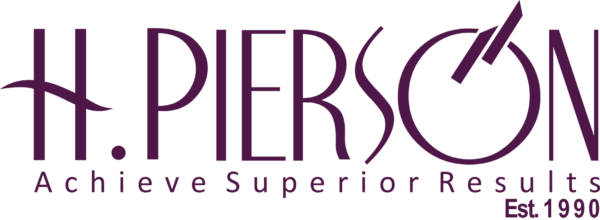Though there are some ongoing trends in the Human resource industry, the recent pandemic has caused a lot of change that requires salient changes. With the new era comes the need to make a different set of decisions based on current needs. Mode of recruitment, employee satisfaction, training and performance management are all aspects that must be considered in light of these changes. For recruitment, an interview carried out by SHRM reveals that 43% of HR professionals cited the top reason for the difficulty in recruiting has to do with competition from other employees. These stats might go out with recent development. To make the best decisions for your business and employees, a business owner needs to keep up with the dominant HR trends and emerging practices every season.
Some of the dominant HR trends to incorporate for effective business operations are;
Remote work
This is the most evident change we saw in 2020. A 2019 survey shows that 61% of global companies allowed their staff to operate some remote work policy. The pandemic increased this percentage exponentially, causing businesses to move from working at the office to remote work, some fully and others part-time. A report from Gartner shows that 88% of organizations all over the world made it mandatory for their employees to work from home after a lockdown was declared. Though many business leaders were concerned about employees’ productivity, A survey from CoSo Cloud shows that 77% of employees confess to being more productive when they work from home. Even after the lockdown, remote work remains the norm for most businesses. HR professionals are left with the responsibility of developing strategies to monitor performance management and maximize productivity.
The reinvention of the employees’ experience
Pre-covid, the employee’s recruitment experience, followed this pattern – A candidate applies to a position, goes through the selection process, attends the interview and is finally employed. They get to the office on the first day, begin training and meet some team members, and get to hold conversations with these team members. The recent remote work trend has largely influenced this process, either eliminating some parts or adding a few. For example, the usual workplace conversations and teamwork are not fully felt in virtual spaces. HR needs to re-construct processes that better suits the virtual experience. Applying the former strategies to remote work will be highly ineffective.
Upskilling employees
A survey from Udemy shows that the demand for upskilling grew to 38% in 2020. Employees will need new skills to fit into a more digital workspace, and HR has the responsibility of ensuring that the new job roles created have the right talents in place. According to the Future of Jobs Report 2020 by the World Economic Forum, 40% of companies employees will need to reskill in half a year or even less. The report also shows that 94% of business leaders believe that their employees will learn new skills on the job. Currently, digital skill is a necessity for employees’ everywhere. Employees who hope to avoid redundancy must upskill so they can effectively communicate and collaborate with others.
Artificial intelligence(AI)
Oracle and Future Workplace conducted research that revealed that 50% of employees already utilize some form of Artificial Intelligence at work, which is a huge increase from the 2018 figure at 32%. AI is currently a major part of our lives. Integrating artificial intelligence is beneficial to the HR process, from recruitment to onboarding to performance management. AI will enable employees to identify high performers and suitable needs. It’ll also accelerate employee training and skill development. AI provides a platform for employees to interact as co-creators.
An inclusive and diverse workplace
As the workforce expands, HR professionals must take inclusion and diversity into consideration. A multigenerational workforce is a current trend within organizations. You’ll find a workforce that has three generations working together. A
McKinsey report in 2015 shows that organizations with diverse workforces performed better than the national industry median. Companies that leverage diversity and inclusivity outperform competitors and also withstand challenges better. A survey by Glassdoor shows that 75% of applicants regard diversity as a major factor when considering job offers.
Conclusion
All aspects of a business must embrace new work strategies, and HR models are part of this. HR professionals must continue to evolve and employ these HR trends for best practices to meet business requirements. As work models changes, we must continue to adjust and evolve to whatever the norms are.
Alternatively, you can consult an
expert. 
